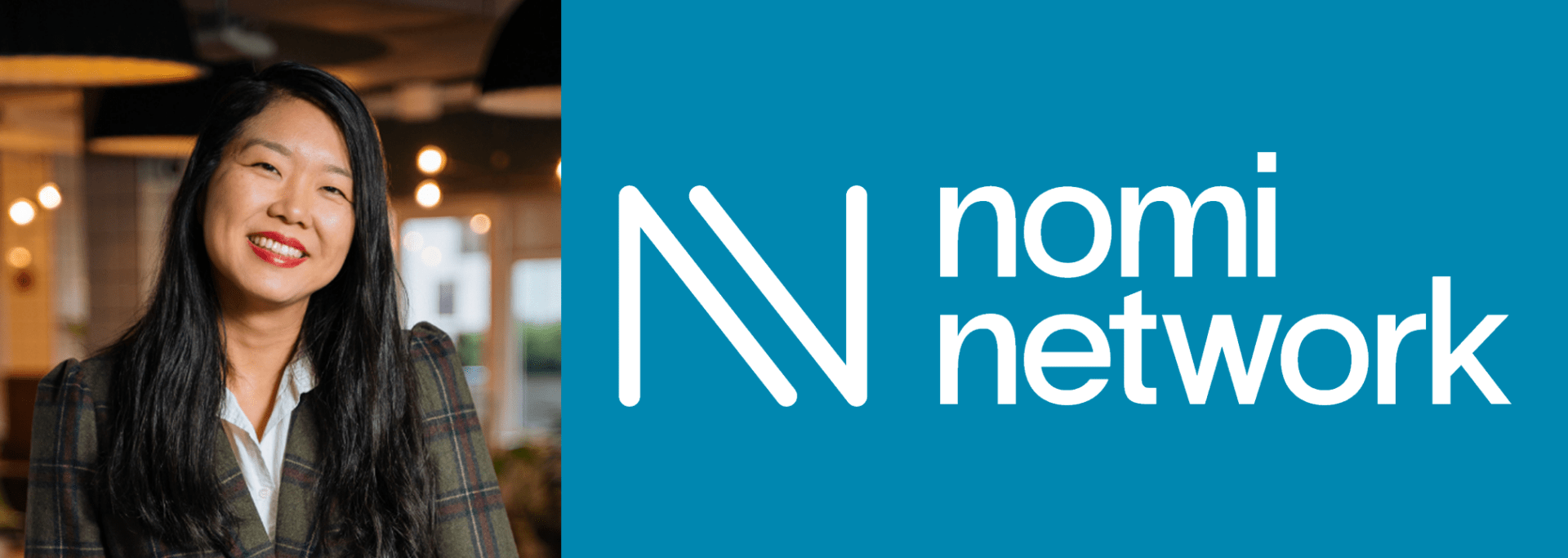
Diana Mao
Changemaker: Diana Mao, Nomi Network
According to the United Nations Office on Drugs and Crime, for every 10 victims of human trafficking detected globally in 2018, about five were adult women and two were young girls.
No More
As an NYU graduate student, Diana Mao began researching the impact of microfinance on people in rural communities in Cambodia. During this time, she met a single father of 7 children who offered his youngest daughter to her male colleague in exchange for money. The eye-opening experience exposed Mao to the reality of human trafficking. This fueled her devotion to researching the issue and finding a solution for rural communities.
“Women and girls who lack access to job opportunities and income opportunities are the most vulnerable,” she says. Mao focuses her attention on improving the economic agency of women and girls in these communities to help solve an issue that has been plaguing under-resourced communities around the world.
When first starting the Nomi Network, Mao was living in rural India with her cofounder, Supei Liu. The work operates programmatically; their services include curriculum or training, job placement, and legal training through the direct frontline staff in rural communities.
“The women in these areas are really seizing the opportunities we provide because it is truly the only opportunity they have been given. [We serve] places where there is no running water or electricity, places where most are illiterate and can’t sign their names. I am seeing their lives change through our curriculum and the income they are able to earn after their job placement or when they start their own enterprises.”
Impact Of COVID-19
With different government policies and restrictions regarding COVID-19, Nomi Network’s work has drastically changed. After moving out of its New York offices to operating virtually, the fight still continues.
“We are the busiest we have ever been, especially with our footprint in India.” Mao states. Last year, the Nomi Network delivered PPE, and this year they delivered vaccine awareness to disperse the fear in the rural communities. Operating in 7 training sites in rural communities, their fight to continue to stop the spread of human trafficking in India is needed more than ever, as the cases continue to rise. Across India, they have 65 staff, and in US they have 10, all working cohesively towards its mission: to end human trafficking by creating pathways to safe employment, empowering women and girls to break cycles of slavery in their families and communities.
“Now more than ever, there is a need for our work. As there is more chaos faced in countries and more people being displaced from their jobs, vulnerabilities with women and girls continues to increase, so human trafficking is more hidden in many ways.”
In light of the recent events surrounding the AAPI community, Mao finds her work even more critical because “it is more of an issue of the heart and human trafficking thrives on othering a person other than yourself.
A Brighter Future
As for the future of the Nomi Network, they plan to continue digitizing their curriculum and have been working on phase 2 of the financing and development of their app. They created the app 2 years prior to the pandemic, and it was timely for them as they were able to expand it from one site to 7 sites. During COVID, they had to deliver the curriculum as well as health and hygiene training through the app to the women in the impacted communities. They are hoping they can secure the funds they need to continue to digitize and create a more accessible learning experience.
“It is really incredible to see the digital divide become shortened because of this period and our training,” Mao says.
Another program they are starting will take place in Dallas, Texas, hopefully launching this summer. The program focuses on working with girls in the juvenile detention system to help guide them towards a path outside of the vicious cycles that are rampant in their communities. Nomi Network will do this by providing them with services for development and helping them get their GED.
“I am really proud of the women that I have gotten to know over the years,” Mao said. “For the first few cohorts of women, I knew their stories and their children and continued to watch them grow into leadership roles. Especially during COVID, I have seen them serving the needs of their communities and now they have moved on to train thousands of women in India.”
To learn more about Nomi Network or support their mission, visit www.nominetwork.org.